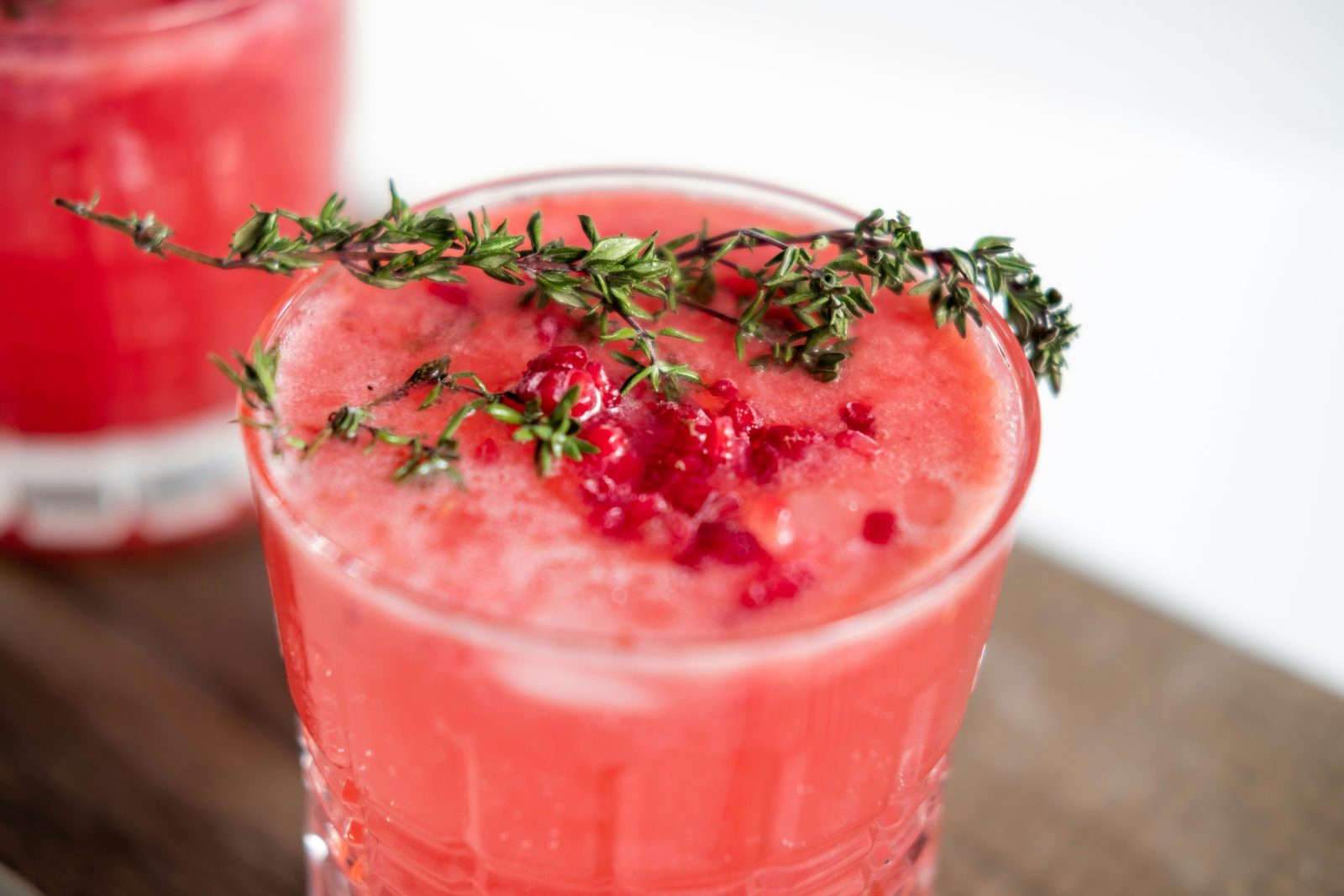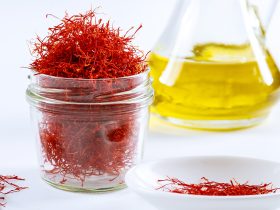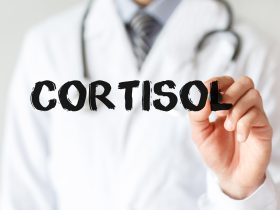Beet juice, derived from the bulbous and sweet root vegetable, is gaining recognition as a nutrient-packed elixir with potential health benefits.
Here are some key advantages associated with the consumption of beet juice:
- May Help People with Heart Failure Improve Muscle Power
Findings from a 2016 study indicate that incorporating beetroot juice into the diet may enhance exercise tolerance, specifically in older adults dealing with heart failure.
In the study, participants consumed 70 mL (equivalent to approximately one-third cup) of beetroot juice daily for one week. The results showed a notable improvement in aerobic exercise endurance, with a significant increase of 24%.
This suggests that beetroot juice might have a positive impact on muscle power and exercise capacity in individuals facing heart failure.
While these results are promising, it’s important to recognize that individual responses can vary, and further research is needed to delve deeper into the potential benefits of beetroot juice for individuals with heart-related conditions.
- May Improve Your Stamina
Regular consumption of beet juice has been associated with enhanced exercise stamina. The nitrate content in beet juice can elevate plasma nitrate levels, leading to improved physical performance.
According to a 2017 review, prolonged intake of beetroot juice over 5-6 days demonstrated several exercise-related benefits. These included increased performance in time trials, extended time to reach exhaustion during physical activities, and improvements in cardiorespiratory performance.
It’s worth noting that while beetroot juice can be beneficial, the combination of beetroot juice with caffeine may diminish these advantages.
However, more research is needed to fully understand the interplay between beetroot juice and caffeine in influencing exercise stamina. Individual responses may vary, and athletes or individuals considering beet juice as an exercise aid should be mindful of potential interactions.
As with any dietary change, it’s advisable to consult with a healthcare professional, particularly for those with underlying health conditions or concerns about interactions with other substances.
- May Help You Maintain a Healthy Weight
Beet juice can be a valuable addition to your diet if you’re aiming to maintain a healthy weight. It is low in calories and virtually fat-free, making it a nutritious option for a morning smoothie. Incorporating beet juice into your routine can provide a nutrient and energy boost as you kickstart your day.
However, it’s essential to be mindful of the natural sugars present in beet juice. While these sugars are naturally occurring and come with accompanying nutrients, individuals managing their sugar intake, such as those with diabetes, should monitor their consumption and consult with healthcare professionals as needed.
As part of a balanced and varied diet, beet juice can contribute to overall well-being and support weight management goals.
- May Help Lower Cholesterol Levels
If you’re dealing with high cholesterol, incorporating beet juice into your diet could be a beneficial addition. The betanin present in beetroot juice has been associated with lowering LDL, or “bad” cholesterol levels.
A 2020 review highlighted that beetroot juice may have a positive impact on both LDL and HDL, or “good” cholesterol, based on findings from various studies.
Researchers attribute beetroot’s potential to lower cholesterol to its phytonutrients, particularly flavonoids. Including beet juice in your diet may contribute to maintaining healthy cholesterol levels, but it’s essential to complement this with an overall heart-healthy lifestyle.
- May Help Reduce Cancer Risk
Beets derive their vibrant color from betalains, water-soluble antioxidants present in the vegetable. Additionally, beets contain various flavonoids and polyphenolic compounds known for their antioxidant and anti-inflammatory properties.
Betalains and other antioxidants play a crucial role in neutralizing and eliminating free radicals in the body. Free radicals, when present in excess, can contribute to inflammation and elevate the risk of cancer.
While the potential cancer-fighting properties of beets are promising, it’s essential to view them as part of an overall healthy lifestyle and diet. Including a variety of colorful fruits and vegetables, along with other cancer-preventive measures, can contribute to reducing the risk of cancer.
- May Help Lower Your Blood Pressure
Beet juice has been linked to a potential reduction in blood pressure. A 2022 meta-analysis highlighted that nitrate, found in beetroot juice, demonstrated effectiveness in lowering systolic blood pressure among adults with hypertension.
Nitrates are compounds in beet juice that convert into nitric oxide in the bloodstream, contributing to the dilation and relaxation of blood vessels.
- Supports Liver Health
Beet juice contains the antioxidant betaine, which has shown potential in preventing or reducing fatty deposits in the liver, as indicated by some animal studies.
Additionally, betaine may play a role in protecting the liver from toxins. It’s important to note that while these initial findings are promising, more research is needed to establish the extent of betaine’s effects on liver health in humans.
Fatty deposits in the liver can contribute to the development of nonalcoholic fatty liver disease (NAFLD), a condition influenced by factors such as an inadequate diet, excessive alcohol consumption, exposure to toxins, and a sedentary lifestyle.
Incorporating beet juice into your diet may offer support to liver health, but it should be complemented by an overall healthy lifestyle.
- It’s a Great Source of Potassium
Beets are a notable source of potassium, a vital mineral and electrolyte essential for proper nerve and muscle function. Maintaining optimal potassium levels is crucial to prevent symptoms such as fatigue, weakness, and muscle cramps.
Both excessively low and high potassium levels can pose serious health risks, including life-threatening abnormal heart rhythms.
It’s important to note that individuals with chronic kidney disease or end-stage renal disease may require specific dietary considerations, including monitoring potassium intake.
Before incorporating beet juice or any potassium-rich foods into their diet, individuals with kidney-related conditions should consult with healthcare professionals for personalized guidance and recommendations.
- It’s Full of Important Minerals
In addition to being rich in potassium, beet juice offers a spectrum of essential minerals crucial for overall bodily function.
These minerals play diverse roles, supporting immune health, contributing to the maintenance of healthy bones and teeth, and participating in various physiological processes.
The minerals present in beet juice include:
- Magnesium
- Iron
- Zinc
- Manganese
- Sodium
- Selenium
- Copper
Including beet juice in your diet can be a convenient and tasty way to incorporate these vital minerals, promoting overall health and well-being.
- May Help People Who Undergo Chemotherapy
Some studies suggest that beetroot juice may possess chemoprotective properties, indicating its potential to alleviate side effects and mitigate damage caused by chemotherapy, including fatigue.
While these findings are promising, it’s crucial to approach them with caution. Further research is necessary to comprehensively understand how beetroot juice may interact with chemotherapy drugs and other medications.
Additionally, individual responses to such interventions can vary, emphasizing the importance of personalized medical advice.
Patients undergoing chemotherapy should consult with their healthcare providers before incorporating beetroot juice or any other supplement into their diet.
Healthcare professionals can provide tailored recommendations based on an individual’s health status, treatment plan, and potential interactions.
- Is a Good Source of Folate
Folate, a crucial B vitamin, plays a vital role in preventing neural tube defects, including conditions like spina bifida and anencephaly.
Adequate folate intake is particularly important during pregnancy, as it contributes to the healthy development of the fetal neural tube and helps reduce the risk of premature birth.
Beet juice serves as a good source of folate, making it a valuable addition to the diet, especially for pregnant individuals. Ensuring a daily intake that aligns with the recommended 600 micrograms can contribute to maternal and fetal well-being during pregnancy.
Precautions
Here are some aspects you should be aware of when consuming beet juice:
- Low Blood Pressure
Regular consumption of beet juice may lead to a reduction in blood pressure. If you already have low blood pressure, there’s a potential risk of it dropping too low.
It’s advisable to monitor your blood pressure carefully, especially if you are incorporating beet juice into your daily routine.
- Calcium Oxalate Kidney Stones
Individuals prone to calcium oxalate kidney stones may need to exercise caution with beet juice. Beets are naturally high in oxalates, substances that can form crystals in urine and contribute to stone formation.
If you have a history of kidney stones or are at risk, consulting with a healthcare professional is recommended before regularly consuming beet juice.
- Beeturia
Consuming beets, particularly beet juice, may cause your urine and stools to turn red or pinkish. This phenomenon is known as beeturia and is harmless. While it might be surprising, especially if unexpected, it is generally not a cause for concern.















Find Us on Socials